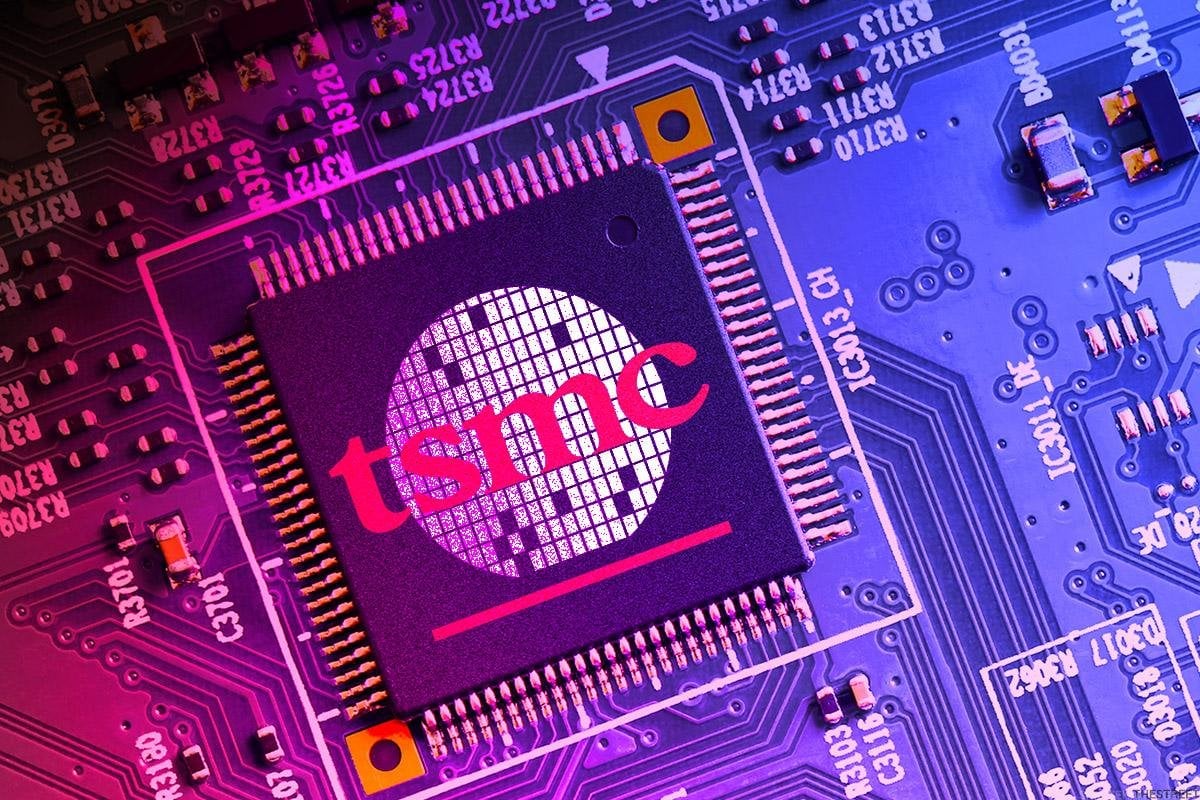TSMC will raise prices for the release of processors and postpone the transition to the 3nm process technology

Taiwan Semiconductor Manufacturing Company (TSMC), the world's leading contract semiconductor manufacturer for brands such as Apple, AMD, NVIDIA, Qualcomm, MediaTek, and others, has warned partners of rising service prices and the suspension of the 3nm transition.
The changes will take effect in December this year. The event will mark the largest single boost in the history of the manufacturer so far. It will also directly affect the final price tag of the corresponding products (microcontrollers, mobile chipsets, GPUs).
Advanced solutions at 7 and 5 nm will become more expensive by 10%, less subtle technical processes 16 nm and more - by 20 points. Also, the price of a 28-nanometer wafer will increase by almost $ 3000. The distribution of brand profits is shown in the diagrams below:

In total, in the second quarter, 7nm and 5nm technological processes brought the company revenue of $ 13.3 billion, which is 49% of the total volume. 16- and 28-nanometer manufacturing processes, in turn, provided a quarter of the revenue. TSMC currently produces 56% of the world's semiconductors.
The rise in prices was driven by the Covid-19 pandemic, which had a significant impact on the industry. As a result, the demand for products has increased significantly, forcing manufacturers to increase productivity and load, and this leads to additional risks. To cover costs, producers decide to raise prices. So, other brands are also preparing for this, for example, the companies from Taiwan PSMC and UMC, the Chinese SMIC and the American GlobalFoundries.
At the same time, TSMC is experiencing difficulties in mastering the 3 nm process technology, so it postpones this transition for several months. Previously, the company traditionally switched to a new technology in April-May. So, 5 nm products began to be produced in April last year, mainly for Apple.
Given the delay, we can say that the 2022 iPhones will not receive the new A16 processors. In addition, it is likely that 5nm SoCs will be used for smartphones from Cupertino this year, while next year they will use 4nm chipsets reserved by TSMC. According to unconfirmed information, the future 3-nm power has already been shared by Apple and Intel. It is not yet clear how the latest developments will affect the plans of other partners to release new devices.
Another thing to remember is Samsung, which plans to start producing 3nm devices next year based on 3GAE technology. With regards to Intel, we can say that the brand is still significantly lagging behind competitors, using the 10nm process technology. Nevertheless, the company plans to regain lost ground by 2004-25.
The changes will take effect in December this year. The event will mark the largest single boost in the history of the manufacturer so far. It will also directly affect the final price tag of the corresponding products (microcontrollers, mobile chipsets, GPUs).
Advanced solutions at 7 and 5 nm will become more expensive by 10%, less subtle technical processes 16 nm and more - by 20 points. Also, the price of a 28-nanometer wafer will increase by almost $ 3000. The distribution of brand profits is shown in the diagrams below:

In total, in the second quarter, 7nm and 5nm technological processes brought the company revenue of $ 13.3 billion, which is 49% of the total volume. 16- and 28-nanometer manufacturing processes, in turn, provided a quarter of the revenue. TSMC currently produces 56% of the world's semiconductors.
The rise in prices was driven by the Covid-19 pandemic, which had a significant impact on the industry. As a result, the demand for products has increased significantly, forcing manufacturers to increase productivity and load, and this leads to additional risks. To cover costs, producers decide to raise prices. So, other brands are also preparing for this, for example, the companies from Taiwan PSMC and UMC, the Chinese SMIC and the American GlobalFoundries.
At the same time, TSMC is experiencing difficulties in mastering the 3 nm process technology, so it postpones this transition for several months. Previously, the company traditionally switched to a new technology in April-May. So, 5 nm products began to be produced in April last year, mainly for Apple.
Given the delay, we can say that the 2022 iPhones will not receive the new A16 processors. In addition, it is likely that 5nm SoCs will be used for smartphones from Cupertino this year, while next year they will use 4nm chipsets reserved by TSMC. According to unconfirmed information, the future 3-nm power has already been shared by Apple and Intel. It is not yet clear how the latest developments will affect the plans of other partners to release new devices.
Another thing to remember is Samsung, which plans to start producing 3nm devices next year based on 3GAE technology. With regards to Intel, we can say that the brand is still significantly lagging behind competitors, using the 10nm process technology. Nevertheless, the company plans to regain lost ground by 2004-25.





There are no comments yet :(